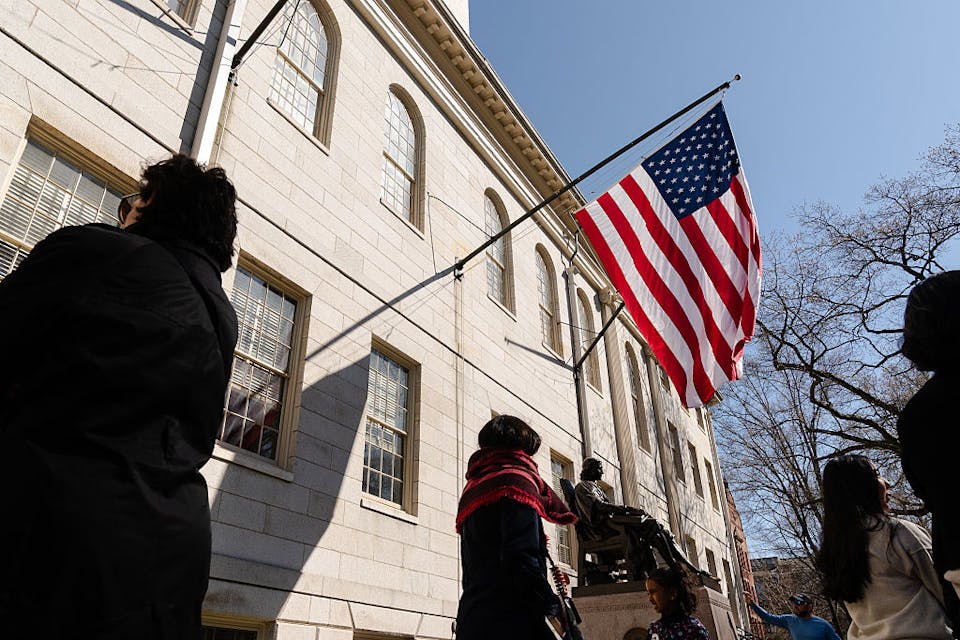
August 25, 2025
The Universities and the American Crisis
American universities are descending into tribalism and anti-Semitism. To turn back the tide, we must rekindle the vision of the founders.
It’s been obvious for decades that both our K-12 schools and our colleges and universities are overmatched by the magnitude of our moment—from the disruption of work and community by amazing but frightening technologies, and also from the neglect of our shared civic inheritance, perhaps wrought by our affluence and our ease. But the particular challenges of the last several years have revealed in much sharper detail the hollowness of our educational institutions. Our once great universities have been exposed as emperors without clothes. At present, the sole ticket to teaching the next generation is having written a jargon-filled dissertation read by no more than a few dozen people in an increasingly rarified field. And it’s evident to increasing numbers of Americans that such a system is absurd.
At the same time, many of these universities claim that no meaningful debate about capital-T truths could be allowed. As a result, they’ve substituted silly, new, and untested theories and narratives for the older traditions and enduring debates. Today, at far too many elite universities—which signal status above all, as if diplomas were Gucci handbags—free will, individual agency, forgiveness, personal improvement, and cross-cultural pollination are obliterated by omnipotent determinisms. This is the kind of education that led academics at the Smithsonian to create a graphic for children that portrays America as irredeemably racist and asserts that rugged individualism, the nuclear family, and hard work are “internalized aspects of white culture.” The message was clear: success is always a privilege and never the result of hard work or community or faith or parents or grandparents or any of the amazing voluntary organizations that are the beating heart of America. Such virtues as self-reliance are supposedly unattainable for minorities. This is the hogwash that the recipients of the most advanced degrees from our most prestigious universities wish to preach.
This cloistered elite believes that the world must be remade by academics, because, they tell us, for our entire history privileged oppressors ran roughshod over the oppressed and marginalized, and now the oppressors must be brought low to atone for history’s sins. This is a faith without guardrails, without external scrutiny, without grace, and certainly without a promise of reconciliation. This faith requires a life of constant moral struggle against the devil and the world, but without any accompanying eschatology of hope. There is no heaven and no messiah.
Responses to August ’s Essay
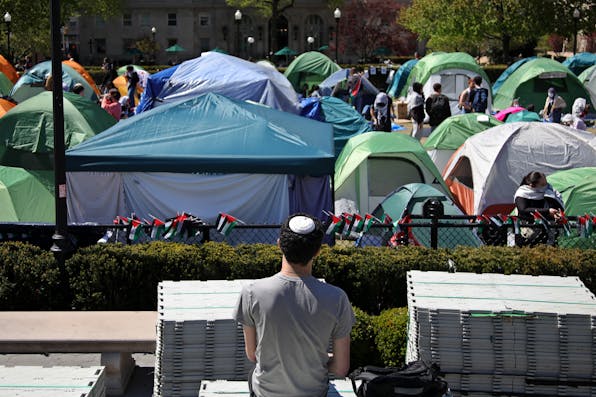
August 2025
The Future of Higher Education and the Jews: A Symposium
By The Editors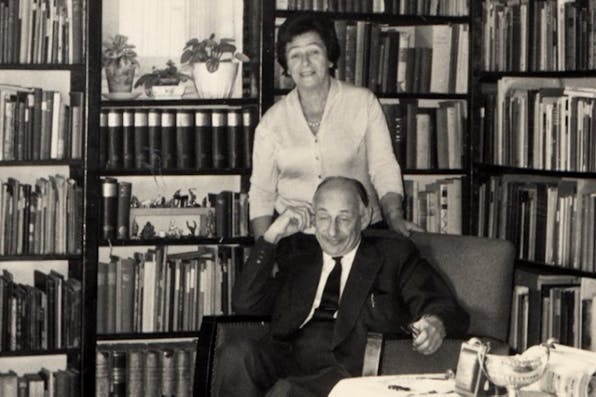
August 2025
How Jewish Studies Became a Tool of Adversarial Culture
By Ruth R. Wisse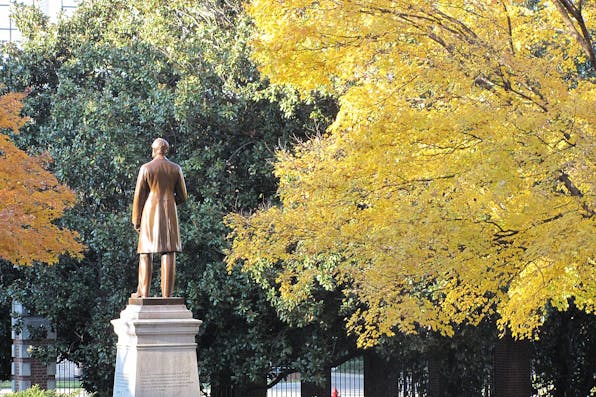
August 2025
The Future of Universities Must Be Built on Firm Values
By Daniel Diermeier
August 2025
Western Civilization and the Jews: A Shared History
By Steven H. Frankel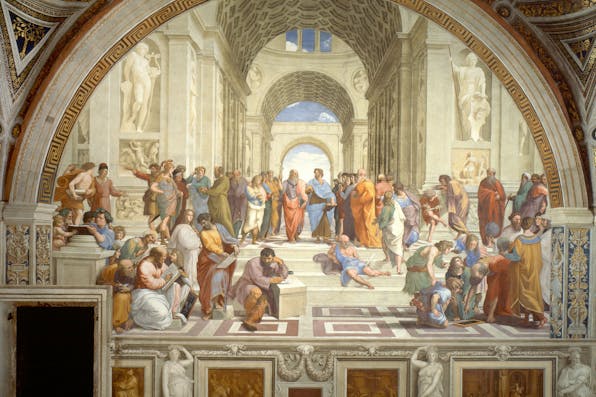
August 2025
The Quest for Wisdom, Truth, and Virtue at the University of Dallas
By Jonathan J. Sanford
August 2025
Universities Need Teachers Who Want to Teach, and Students Willing to Learn
By Bella Brannon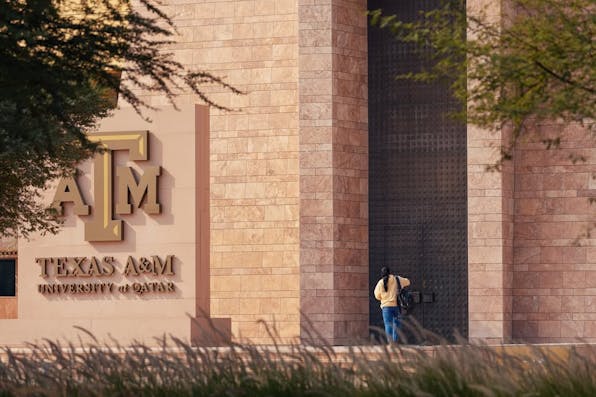
August 2025
Saving American Universities Requires Cracking Down on Foreign Funding
By Danielle Pletka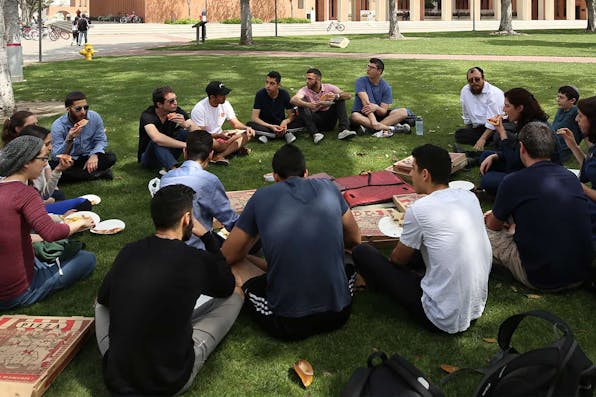
August 2025
Jews Shouldn’t Give Up on Universities, and Neither Should America
By Eitan Webb
August 2025
The Moral Collapse on Campus Is a Result of the Hollowing Out of the Humanities
By Alexander S. Duff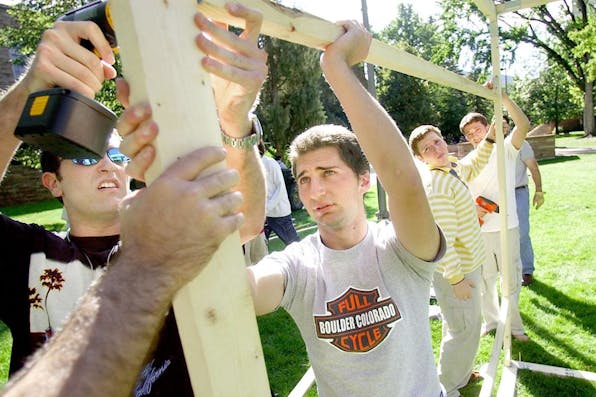
August 2025
Return American Universities to Their Religion-Friendly Roots
By Liel Leibovitz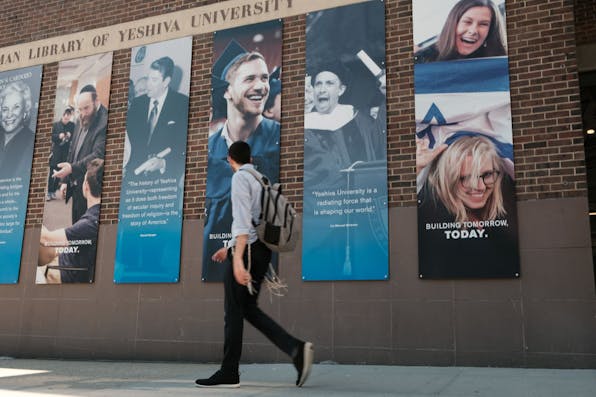
August 2025
To Make the Academic Desert Bloom, Look to Religion
By Ari Berman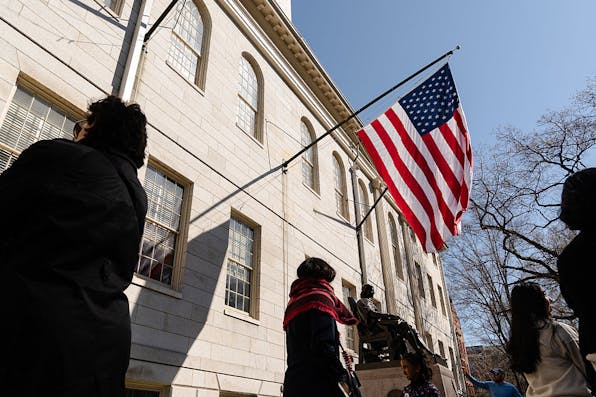
August 2025
The Universities and the American Crisis
By Ben Sasse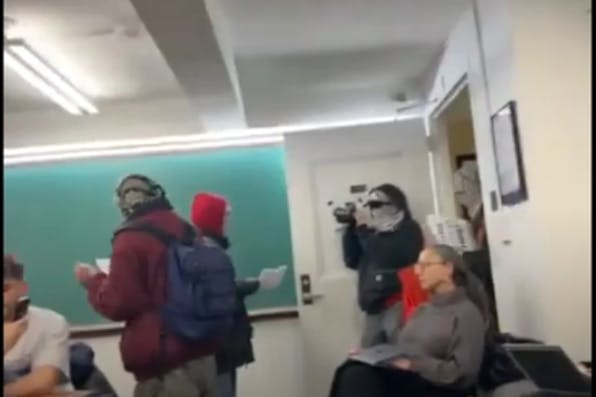
August 2025
The Campus Intifada Is a Golden Opportunity for Those Who Study Israel Seriously
By Avi Shilon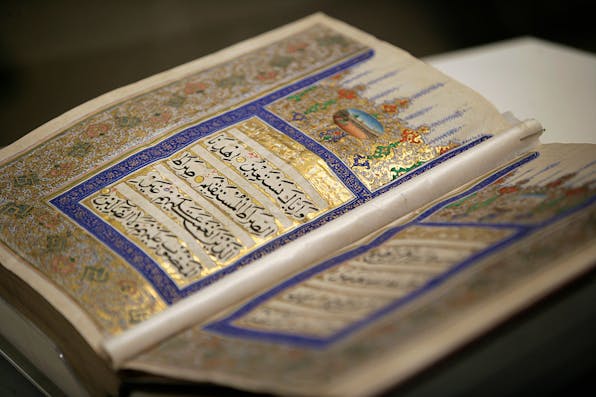
August 2025
With No Easy Fixes for Middle East Studies, It’s Time for New Programs
By Robert Satloff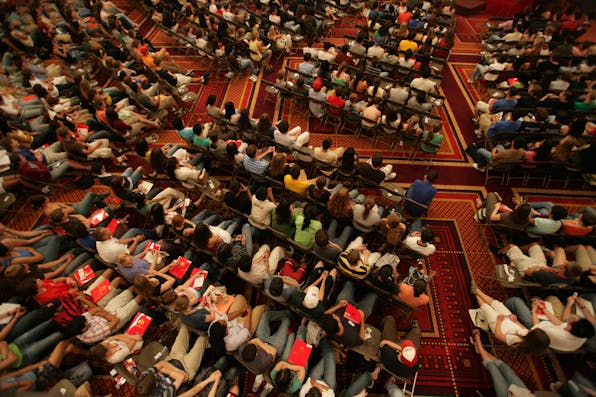
August 2025
The Perverse Microeconomics of the American University
By Michael Hochberg